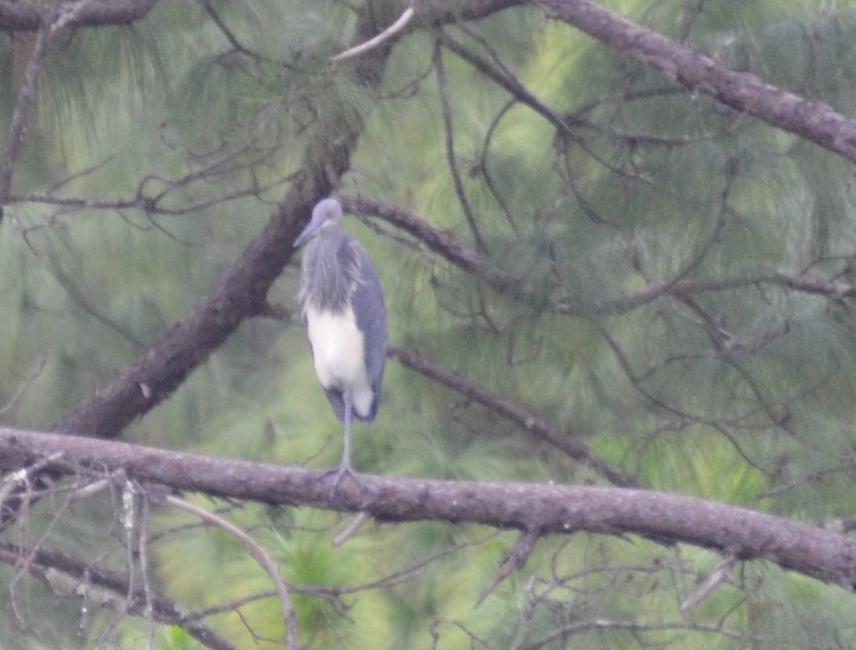Kuenzang Choden
The conservation-education project will be executed to revive student’s nature club and build research capacity of school children to study White Bellied Heron and raise awareness on their conservation importance.

Owing to the fact that the future of the nation lies in the hands of our younger generations and it is crucial that they live up to our expectations, the recognition of school children’s role in conservation has become crucial to cultivate positive attitudes and promote sustainable actions in conserving critically endangered species. Thus, the conservation-education project is proposed to build research capacity of nature club children of target school on sustainable and long-term conservation of WBH along Phochu Valley.
The conservation-education project will be executed in Jiligang area along Phochu Valley which is one of the critical habitat for critically endangered species WBH ( Ardea insignis) in Bhutan. Jiligang is located at an altitude of 1250 masl and lies between geographical location of [273646.38(N) and 895208.03(E)]. The valley stretches from lower valley to high mountains and comprises of chirpine forest with dry climate and warm and cool broadleaved forest as it ascends. The nature clubs students of Bjijokha Lower Secondary School, Nawakha Primary School and Wolathang Community School will be engaged to complete the project.
The introductory and consultative meeting with community leaders, representatives, school teachers and students will be held to discuss conservation issues, future directions and plans. The national and global conservation and environmental days will be observed and educational visit will organized to understand the role of institution in conservation and how religion changes the behavior of people on use of natural resource. Point Count Method will be applied to understand the presence of general birds and WBH and their time of feeding, roosting, habitat types in which they inhabit.
Therefore, the conservation-education project is proposed to revive nature club at target school and build strong alliance with other clubs to assist conservation awareness activities. The result generated from the project would assist the local leaders to make inform decision and formulate exemplary policies on conservation of WBH in Bhutan.